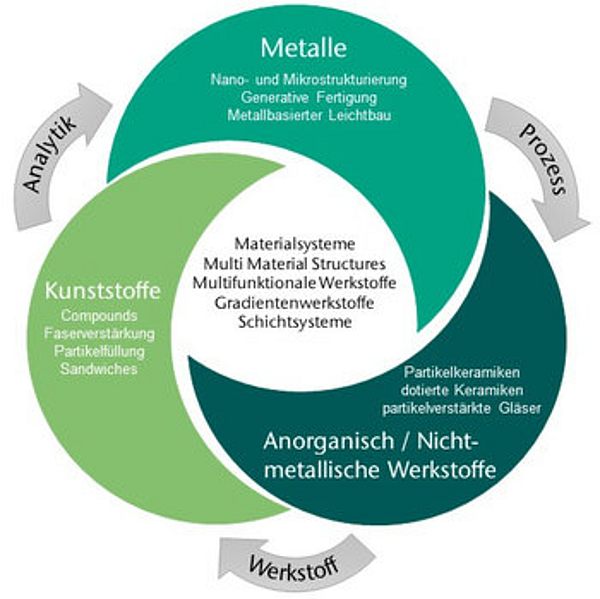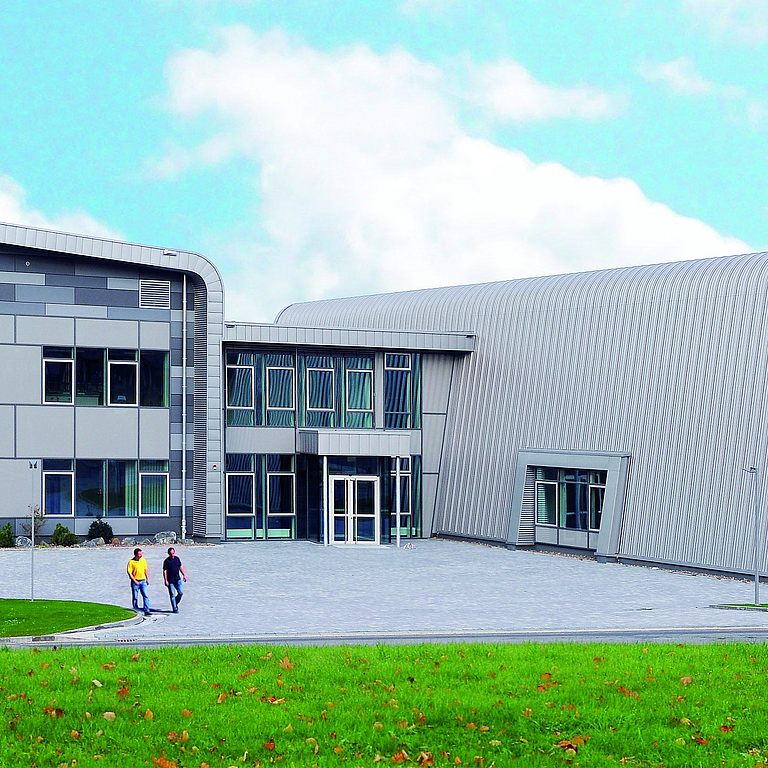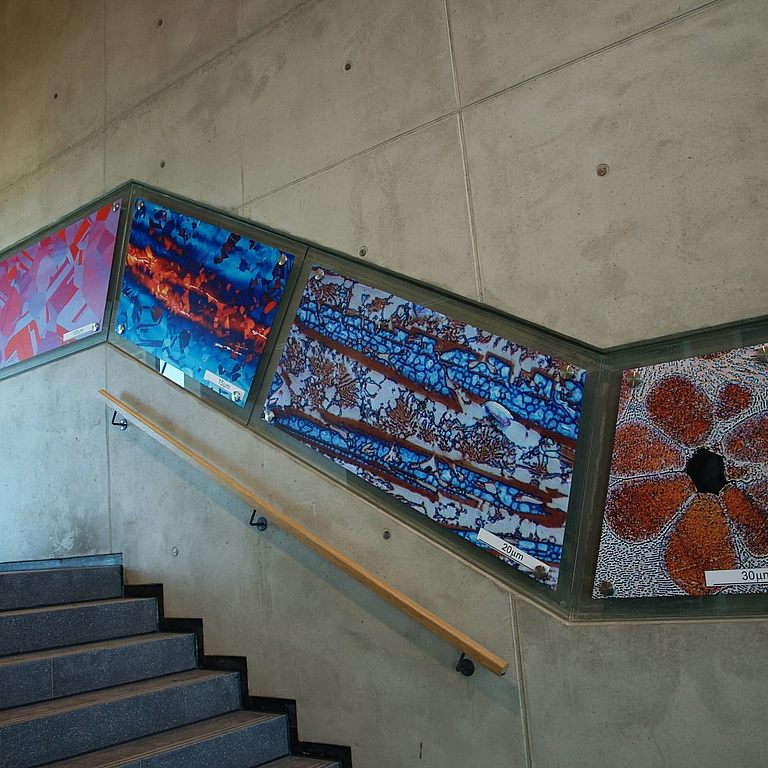Who we are
Mission Statement
The technological progress of recent years has been shaped and realized above all by the use of state-of-the-art materials. Only if the continuously increasing knowledge of materials science is made available to the user directly and at short notice will it be possible to make optimum and economically sensible use of our constantly diminishing resources. In this context, the dialog between users and developers is particularly necessary in order to ensure the smoothest possible transfer of knowledge. At the same time, this results in the requirement for materials technology to take into account all stages of the value-added chain, from production, processing and shaping to proof of properties by means of adapted test methods and using quality assurance systems, and to consider them as objects of research during the research and development process right up to the component or complete product. As one of 6 research centers of the Clausthal University of Technology, the Clausthal Center for Materials Engineering (CZM) bundles the competences of its scientists from different disciplines in the field of materials engineering. This creates the prerequisite to work on challenging, interdisciplinary projects in joint research clusters. The membership of further scientists from the TU Braunschweig, the Leibniz Universität Hannover and the Laserzentrum Hannover e.V. further expands the group of people involved and thus creates the prerequisite for a meaningful expansion of the German research landscape in the field of materials.
Research focus

CZM's materials engineering research focuses on the core areas of engineering materials - metals, polymer materials, and inorganic/non-metallic materials. Building on the latest findings in basic materials research in these core areas, the center's applied research is focused on novel solutions for future applications in key technologies through multi-material structures (MMS). With this objective, the CZM focuses on answering urgent questions / requirements in the following industries:
- Chemistry and Materials
- Energy and Environment
- Metals and Electronics
- Pharmaceuticals and Health
- Engineering and Telecommunications
- Traffic, transportation and logistics
Based on new results in basic materials research, MQLs with high strength under extreme conditions, in particular at high temperatures and under high wear and corrosion stresses, and with simultaneously high stiffness at the lowest possible weight are to be developed through suitable interdisciplinary cooperation. Through material combinations, layer structure, graded structural design as well as micro- and nanoscale substructures, special optical, electrical, magnetic and mechanical properties of the MMS are to be generated for special areas of application as well as for modern sensor/actuator functions.
Goals and tasks
- Acquisition and processing of application-oriented basic research projects in the field of metallic, non-metallic-inorganic and polymeric materials as well as their synergistic use.
- Implementation of materials in components and development/implementation of processes/process chains for the design of structures.
- Acquisition of industrial projects in the above-mentioned fields of activity and mapping of the entire process chain for defined key applications
- Training of young scientists and design and supervision of bachelor's and master's theses; incorporation of current topics into teaching; design of continuing education measures at all hierarchical levels

